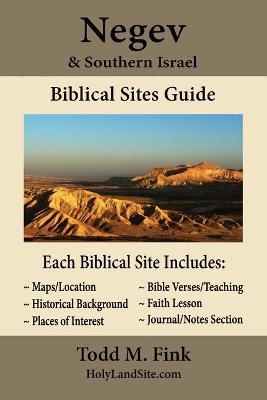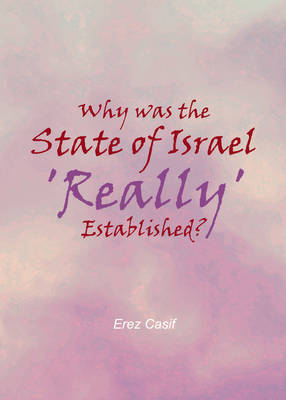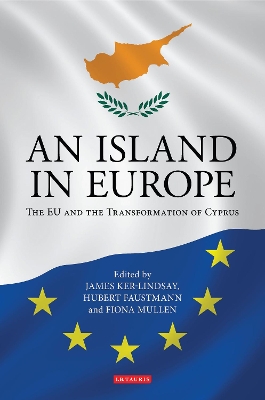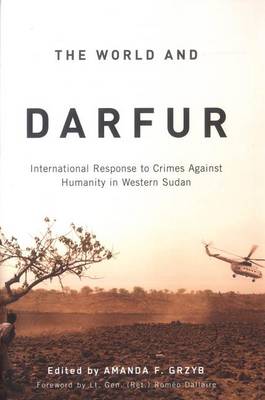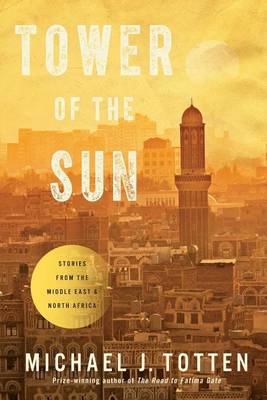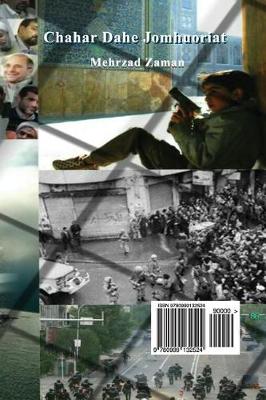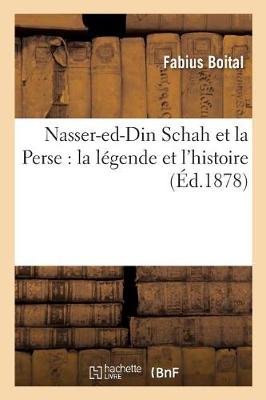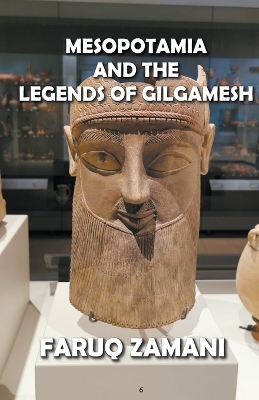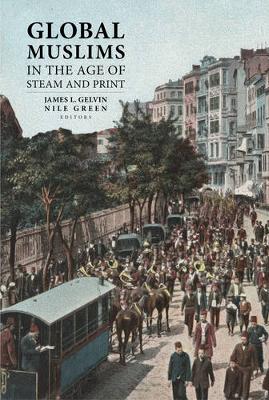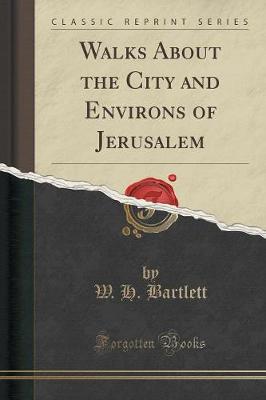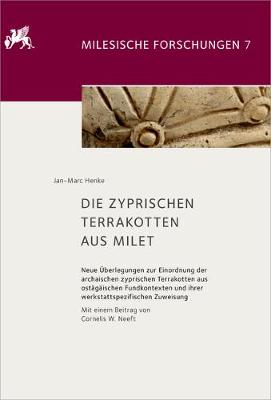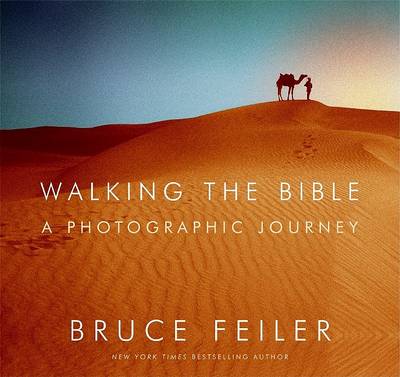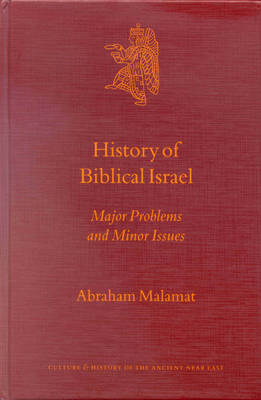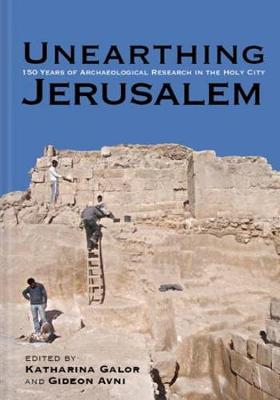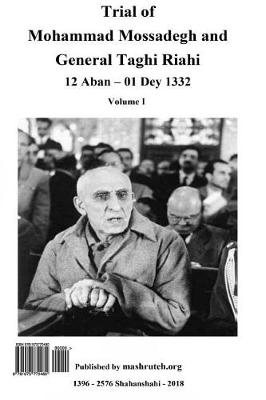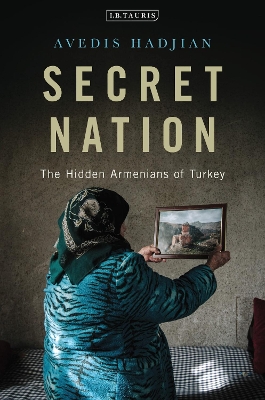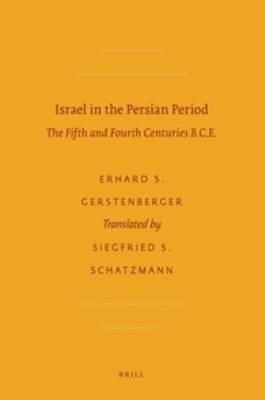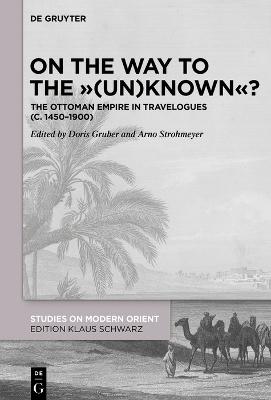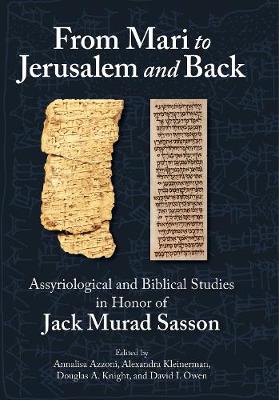Most historians of Zionism - from the 'Jerusalem School' and its followers, as well as those who call themselves 'new historians' - understand the story of Israel's establishment as a part of a broader historic story that encompasses hundreds and even thousands of years. They consider the Zionist leadership to be a unified entity and thus relate the decision to establish the state of Israel during May 1948 to international, rather than internal, restraints and challenges.The author of this book...
An Island in Europe (International Library of Twentieth Century History)
The celebrations which marked the accession of the Republic of Cyprus to the European Union on 1st May 2004 signalled the end of a fourteen year process since the island had first applied to join - and the end of six full years of complicated and intense negotiations. Upon joining the EU, Cyprus was widely regarded as the most advanced of the ten acceding states. Yet this did not prevent the conditions of accession and its aftermath from bringing widespread and comprehensive changes to the inter...
Global Muslims in the Age of Steam and Print
The second half of the nineteenth century marks a watershed in human history. Railroads linked remote hinterlands with cities; overland and undersea cables connected distant continents. New and accessible print technologies made the wide dissemination of ideas possible; oceangoing steamers carried goods to faraway markets and enabled the greatest long-distance migrations in recorded history. In this volume, leading scholars of the Islamic world recount the enduring consequences these technologic...
Walks about the City and Environs of Jerusalem (Classic Reprint)
by W H Bartlett
Travels and Journal of Ambrosio Bembo
by Anthony Welch and Ambrosio Bembo
In 1671, Ambrosio Bembo, a young nobleman bored with everyday life in Venice, decided to broaden his knowledge of the world through travel. That August he set off on a remarkable, occasionally hazardous, four-year voyage to Syria, Turkey, Iraq, Iran, and the Portuguese colonies of western India. His journal, now translated into English for the first time, is the most important new European travel account of western Asia to be published in the past hundred years. It opens an extraordinary perspec...
Die Zyprischen Terrakotten Aus Milet (Milesische Forschungen, #7)
by Jan-Marc Henke
Women and Politics in the Islamic Republic of Iran looks at the rise and role of female activism in Iran since the 1979 Revolution. Since 1979 women have played a decisive role in elections and assumed political posts. This study assesses this role as well as the impact of domestic and international policies on women's activism, highlighting the contradictions between politics and religion within the Islamic Republic. It also seeks to evaluate political and economic developments and the transfo...
History of Biblical Israel (Culture and History of the Ancient Near East, #7)
by Abraham Malamat
The book holds 26 chapters encompassing the history of Israel from its very beginnings up to the destruction of the First Temple of Jerusalem (586 BC). The successive parts are The Dawn of Israel, Forming a Nation, The Rise of the Davidic Dynasty, and King Amon and Josiah and their final fate. The last part is dedicated to historical episodes in the Former Prophets and in the Prophetical Books. Several excursi follow. This publication has also been published in paperback, please click here for...
Unearthing Jerusalem
On a cold winter morning in January of 1851, a small group of people approached the monumental facade of an ancient rock-cut burial cave located north of the Old City of Jerusalem. The team, consisting of two Europeans and a number of local workers, was led by Louis-Felicien Caignart de Saulcy-descendant of a noble Flemish family who later was to become a distinguished member of the French parliament. As an amateur archaeologist and a devout Catholic, de Saulcy was attracted to the Holy Land and...
It has long been assumed that no Armenian presence remained in eastern Turkey after the 1915 massacres. As a result of what has come to be called the Armenian Genocide, those who survived in Anatolia were assimilated as Muslims, with most losing all traces of their Christian identity. In fact, some did survive and together with their children managed during the last century to conceal their origins. Many of these survivors were orphans, adopted by Turks, only discovering their `true' identity l...
Israel in the Persian Period (SBL - Biblical Encyclopedia, #8)
by Erhard S Gerstenberger
Against the backdrop of the history and intellectual world of Persia, Gerstenberger describes the Persian period (539-331 B.C.E.) in the history of Israel, which saw both the creation of biblical literature (historical, prophetic, and poetic writings, especially the Psalms) and important theological developments (e.g., the shape and characteristics of the Jewish community, monotheism, and new means of shaping one's world).
On the Way to the "(Un)Known"? (Studies on Modern Orient, #36)
Nineteen authors from nine countries analyze reports of travels to the Ottoman Empire between the fifteenth and the nineteenth centuries. The volume discusses questions of perceptions of "otherness", the circulation of knowledge, intermedial relations, gender roles, and explores possibilities and limits of digital analysis.
From Mari to Jerusalem and Back
Jack Murad Sasson, distinguished scholar of the ancient Near East, has enjoyed a long career studying the cultures, languages, and literatures of that consequential region. His many books and articles span a seemingly endless array of topics and materials. Foremost are his in-depth analyses of the Syrian city of Mari and its remarkable heritage. Of comparable importance are his definitive studies of the Hebrew Bible, in particular his commentaries on the books of Judges, Ruth, and Jonah. In addi...
